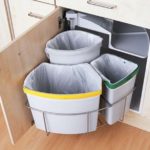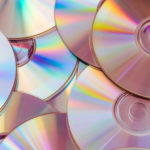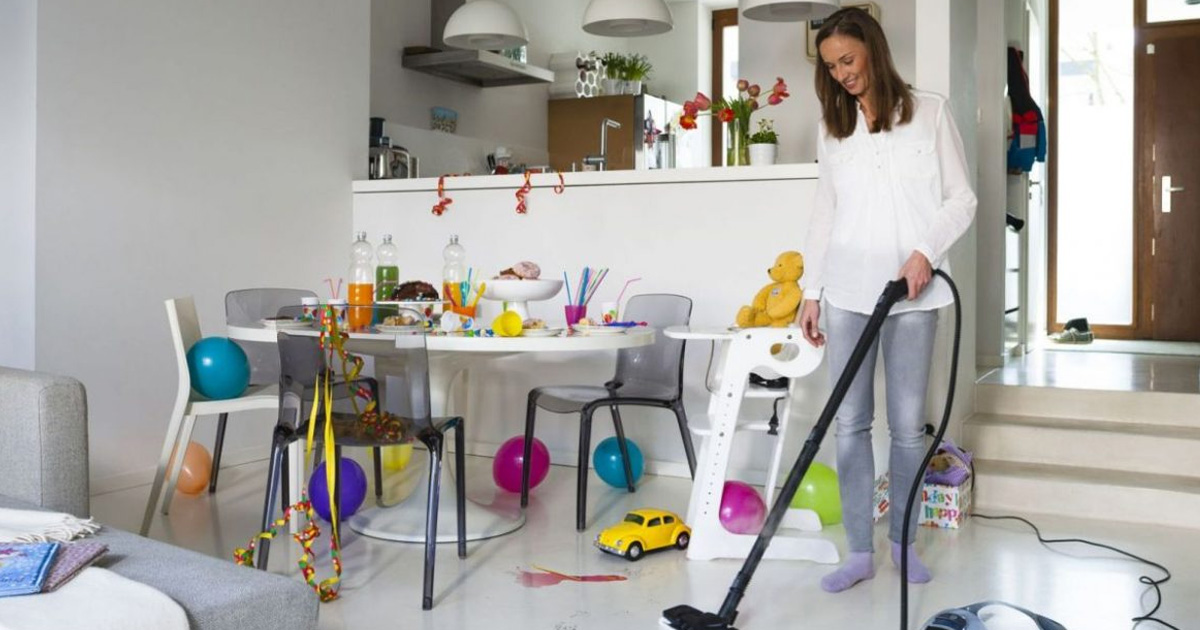19 items you shouldn't throw in the trash
More and more people are thinking about preserving the environment, sorting garbage and trying to make less thoughtless and unnecessary purchases. But even with this prudent approach, there are people who throw in the trash everything they don’t need. And it is strictly not recommended to throw away some used things. This is harmful to the environment, general safety, and the health of other people.
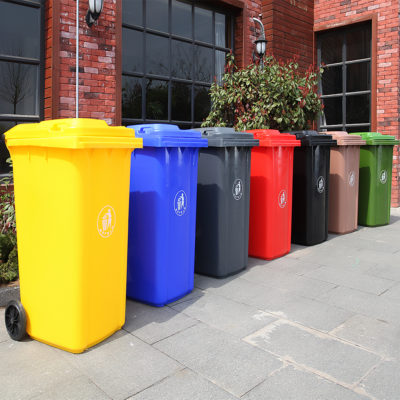
The content of the article
Unused paint
Paint is toxic and flammable. Therefore, it should not be poured into the trash or on the ground.
The best option is to use all the purchased paint to the end. If the house has been renovated and there is some paint left for the walls or ceiling, it can be used for decoration. Paint bottles, use them as candle holders, or paint food jars and use them as flower vases.
If there is nowhere to use the paint, the jar of it is left open for several days. When the remains are dry, the jar and its brushes are taken to the nearest waste recycling center or metal collection point.
Glass thermometer
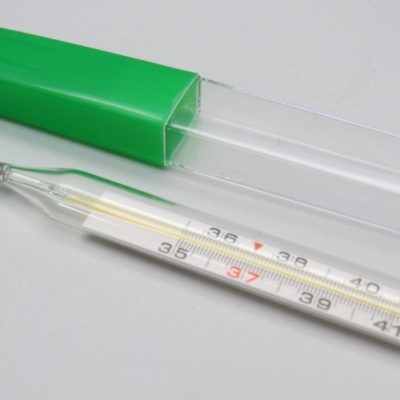
Mercury belongs to the 1st class of hazardous waste and inhaling its vapors is deadly to humans. If a household thermometer has become unusable or is no longer needed, it is handed over to a hazardous waste disposal center.
Paint cans
The cylinder itself is under pressure, and inside it there are gases and harmful chemicals. The packaging already states that it is highly flammable, so it should not be thrown into the general trash. For your own and other people’s safety, all cylinders can be taken to a hazardous waste disposal point.
Household appliances and phones
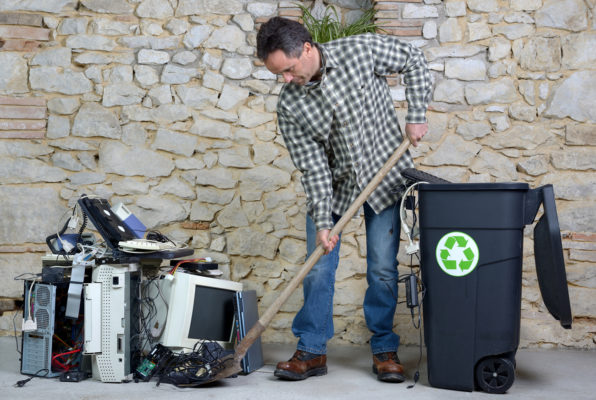
Equipment contains coolants, reagents, and phones contain hazardous metals. Sometimes old equipment can be resold to other people - they will disassemble it and use the working parts to repair broken equipment and phones. Another option is to inquire about store appliance recycling programs. Some of them offer a discount on the purchase of new equipment in exchange for old equipment.
Rechargeable batteries
They contain chemicals and heavy metals, which, when disposed of in a public landfill, pollute the soil. Rechargeable batteries are usually handed over to a special point. Also, some stores install a battery collection container on their premises. Another option for returning batteries is to take them to a household hazardous waste collection point.
Light bulbs
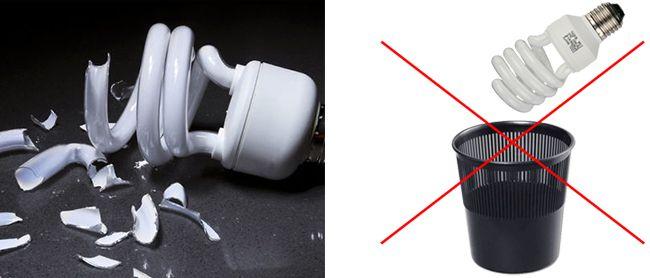
Regular incandescent light bulbs are not classified as toxic waste, so they can be thrown into the trash. Another thing is that few people have been using them lately, preferring LED or fluorescent ones. Here you need to look at packaging and recycling recommendations. You can hand over used lamps to large chain stores, which will take care of their safe recycling.
Medicines
It is useful to carry out an audit of medicines every six months and throw away anything with an expired expiration date or empty packaging. But throwing unused medicines directly into the trash risks contaminating the soil and groundwater. It is enough to collect already unclaimed tablets and other drugs and find out about the nearest drug recycling point.
Computers
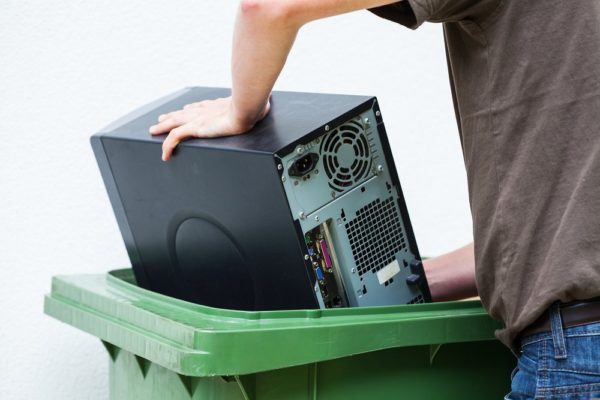
Along with household appliances, computer and digital equipment should not be thrown into the trash. The reason is the same - the content of hazardous metals and additives. The equipment can be disassembled and parts that are still working can be taken, and the rest can be taken to an electronic waste recycling facility.
Hair and wool
It would seem that garbage that is safe and of natural origin cannot be harmful. But wool and human hair contain nitrogen, so they can be used to make fertilizer for plants. You can collect them in a compost heap. And if you plan to cut long hair, then you should find out in advance where to sell it.
Fat and oil
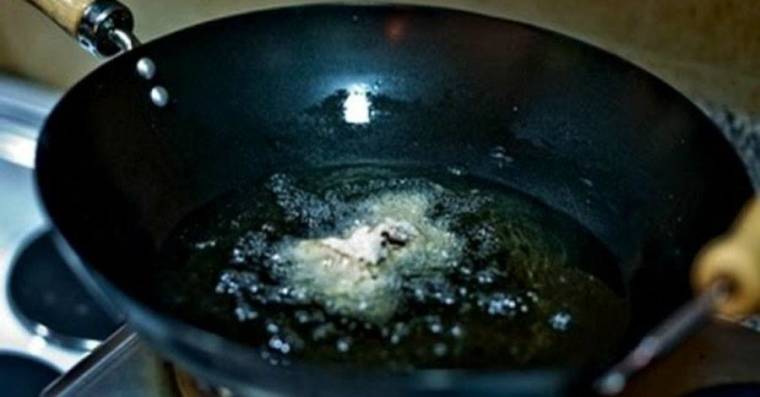
It’s unlikely that anyone will put the fat and oil left over from cooking in the trash, but they do throw it down the toilet or sink. But even cooled oil clogs the drain and harms the environment.
The melted fat can be collected in a separate jar and stored in the refrigerator. It is useful as an alternative to oil.
And the used oil can be collected in a bottle and taken to a recycling point. It is usually used to make automobile oils.
Garden fertilizers and chemicals
Using harsh chemicals in your own garden is not the best idea. They pollute the soil and spoil the quality and composition of vegetables and fruits. Moreover, their remains cannot be thrown into general garbage, but must be taken to a recycling center.
Lighters
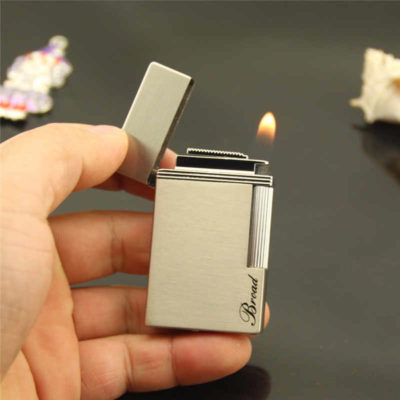
This type of waste is highly flammable.The remaining fuel can be dangerous when processing general waste, so lighters should be taken to a recycling center. Better yet, use refillable lighters.
Water filters
The filter is very useful in the household until it uses up its qualities. And then, in most cases, a regular garbage chute awaits him. But due to the absorbent or other cleaning device contained in it, it is dangerous to simply recycle the filter, so it must be disposed of as household waste.
Plastic bags
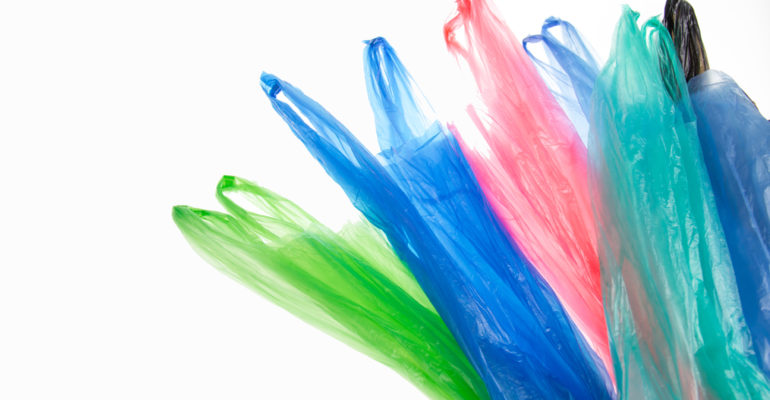
Most people try to use bags in their lives to a minimum. But they still get into the house and go to the trash after the 1st time of use. Most bags can be recycled, but finding a collection point can be difficult.
Household chemicals
Household chemicals, like fertilizers, contain dangerous chemical compounds. Therefore, they cannot be thrown into a common tank or even washed down the drain. But almost all household chemicals are accepted at household waste recycling centers.
Decorative cosmetics
In recent months, many major cosmetic stores have begun accepting used jars. They send them for recycling and reuse.
Tires
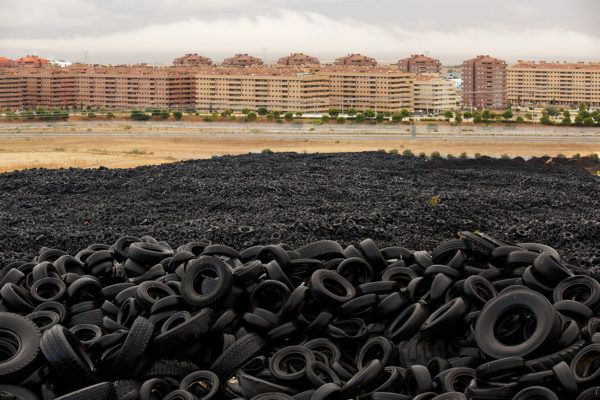
Throwing tires into a public dump is rude towards other people. They are not processed in the usual way and pollute the soil and air. Therefore, it is better to hand over old tires to collection points. Also, some auto repair shops collect and send tires for recycling.
Varnish and glue
They are classified as hazardous and toxic chemicals. Varnish products are also highly flammable. The easiest way is to take unused varnish and glue to a collection point.
Fireworks
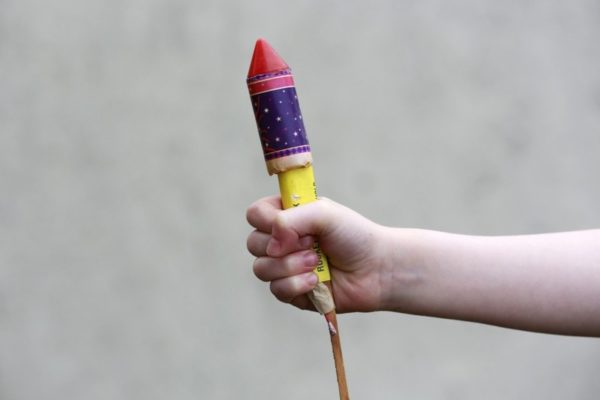
The dangers of unused fireworks in the trash can are obvious. So that they can be recycled, the fireworks are doused with water overnight and then returned in a separate bag.
The most important thing when disposing of waste wisely is not to think that one person cannot have an impact on the planet. Even the smallest contribution already saves the environment from pollution, and if every person sorts waste at least to the best of their ability, a comfortable life on the planet will last for a long time.

